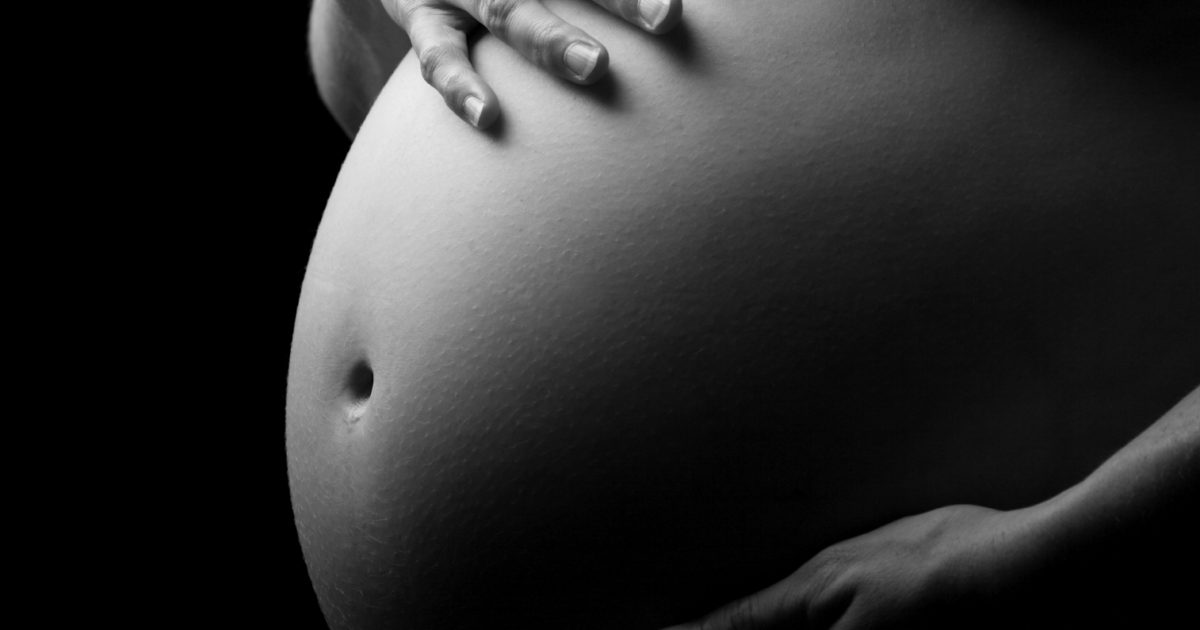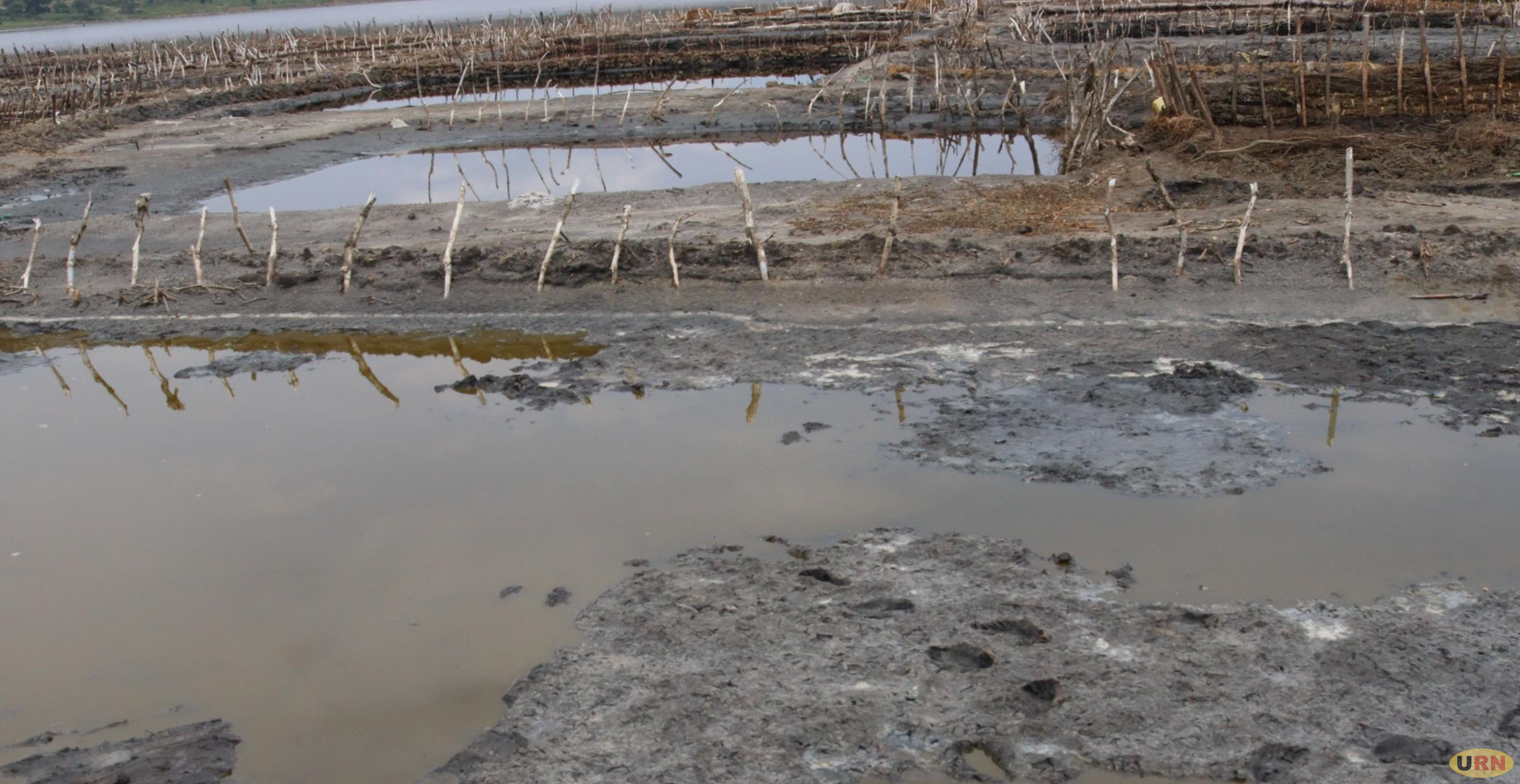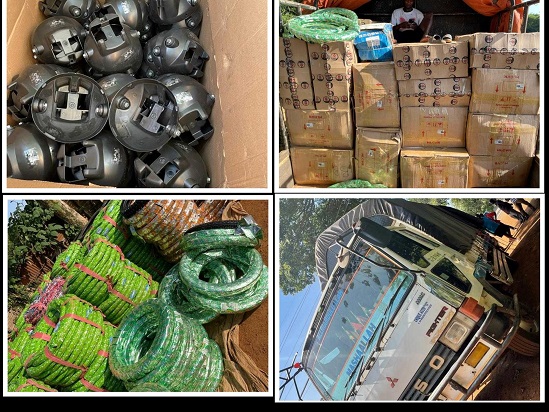The Uganda Human Rights Commission (UHRC) has named male boda boda riders, teachers and family members as the biggest perpetrators of teenage pregnancies in Uganda, a trend the Commission has described as a health human rights crisis.
According to Mariam Wangadya, Chairperson of UHRC, whereas Uganda scores highly in terms of commitments to uphold human rights through legal, policy and institutional frameworks in place, there are still gaps in practical initiatives to protect adolescents or teenagers from pregnancies as adolescent pregnancies remain a great challenge.
“The majority of those implicated were community members including boda boda riders, teachers, relatives, fishermen and fishmongers, youths (peers) aged 18-30years, neighbours and businemem. UHRC interviewed a total of 438 people in its monitoring and all the respondents interviewed mentioned that boda boda riders perpetrated most followed by peers,” Wangadya said.
The UHRC boss made the revelation while handing over the Annual Report on the State of Human Rights and Freedoms in Uganda for 2021 to Deputy Speaker Thomas Tayebwa at Parliament last week.
Amongst the 438 respondents, 173 cited boda boda riders, 50 cited relatives, 74 attributed the pregnancies to peers, 38 cited businessmen, 45 attributed the pregnancies to teachers, while 25 pointed out neighbours, sugar factory workers 15, fishermen and fishmongers 18.
Flavia Kabahenda (Kyegegwa DWR) expressed reservations on the data by UHRC arguing that Uganda hasn’t well invested in data and statistical systems, and demanded to know the empirical evidence UHRC based on to cite out boda boda riders as the biggest perpetrators.
“I am still asking myself, where they got data from, is it from the girls who got pregnant or from what they think. For us as people who are supposed to offer jurisprudence as MPs, we need to be careful with everything that comes because at the end of the day you legislate badly and make very erratic conclusions,” Kabahenda said.
She added: “While boda boda riders may not necessarily be young men, in all villages, the young men have become rampant and boda boda riders are like any other young men who are rampant and boda boda riders are part of those who have caused teenage pregnancies.”
She said that when a section of women complained about the impact of lockdowns on safety of girls and women, President Museveni said preventing deaths was better than girls getting pregnant and she isn’t shocked that the President lamented about high dropout rates among students in schools.
“When we complained about girls staying home is going to get us into problems because they are now closer to their enemies, when you lock them down and limit mobility it is the girls and women who suffer. When we got pregnant, he said don’t worry they can get pregnant as long as they don’t die and he was the same person complaining about the dropout rates,” Kabahenda said.
Kabahenda, who doubles as former Chairperson Parliament’s Gender Committee also said that enrolling teenagers on contraceptives should be the last resort and instead, focus should be put on parents, noting, “Our boarding school syndrome hasn’t allowed people to parent even our curriculum doesn’t seem to regulate. Children in the country aren’t parented, they just fall into traps, we should go back to the family and parent before we talk about family planning, for me I want to talk about it as the last.”
According to the World Health Organisation (WHO) Fact sheet 2020, approximately 21million girls aged 15-19 years in developing countries become pregnant and about 12 million of them give birth, with at least 777,0000 of them being under the age of 15.
In Uganda a study by Forum for African Women Educationalists (FAWE) Uganda in 25 districts on the impact of COVID-19 on school going girls in Uganda indicated a 22.5% rise in teenage pregnancies among girls aged 10-24years who made their first antenatal visits, from 80,655 to 99,810 between March and June 2020.
Another study conducted by the United Nations Population Fund in 2021 found a total of 354,736 teenage pregnancies registered in 2020 and a total of 290,219 registered between January and September 2021, an average of 32,000 teen pregnancies per month in 2021.
Reacting to the findings in the report, Sarah Opendi, Chairperson Uganda Parliamentary Association (UWOPA) said that the findings by UHRC aren’t shocking saying that as women rights activists, they have registered cases where boda boda men pay girls Shs500 in exchange for sex.
“I am actually not surprised, it isn’t the first time I am hearing this, I heard this as I was Minister and this was rampant in Busoga sub-region where young girls are given Shs500 by these boda boda riders during lunch time in exchange for sex. The boda boda riders need to understand that what they are doing is a risk to their lives because they can get HIV/AIDs out of what they are doing.”
She added, “This is why we are calling for school health policy and comprehensive sexuality education is being misunderstood but it is actually aimed at preparing girls so that they understand the changes in their bodies and the likely implications that will come out of their actions.”
However, Margaret Makokha (DWR Namayingo) rejected the proposal to introduce contraceptives among teenagers saying it would encourage them to have more sex and instead, called for responsible parenting and urged parents and guardians not to handover the parenting role to government.
The Uganda Human Rights Commission in its report attributed the rise in teenage pregnancies on idleness due to prolonged closure of schools, child labour and increased involvement of children in petty activities that expose them to different groups including older men, exposure of teenage girls to electronic pornographic materials, poverty, limited access to sexual and reproductive health information among others.
The report highlighted that the limited access to comprehensive sexual and reproductive health explains why adolescents and young people often access health related information discreetly from schools, youth friendly corners in health facilities and peer educators and the closure of some of these avenues and restrictions in movement meant that young people could not utlise these services.
“Additionally, the policy and operational environment is restrictive an unresponsive in areas such as negative perception about access to contraceptives for adolescents and young people, poor provider attitude, the moralization of sexual and reproductive health,” read in part the report.
While responding to these findings, Opendi who also doubles as DWR Tororo said it is about time Uganda rethought its misconception surrounding sexual education in schools and allowed sexually active teenage girls to access contraceptives so as to protect themselves from teenage pregnancies.
She explained, “If you don’t do something she is likely to get pregnant again, so these girls who have gotten married, they need to be enrolled on contraceptives. I have no problem with young girls being taught how to protect themselves but the level of immorality in this country, I think it is going too much.”
To further defend her stand, Opendi cited an incidence where some students on a bus belonging to Midland High School were filmed in compromising positions, that some people termed sexually explicit saying some of the could have gotten pregnant out of the incidence.
She said, “So children who are sexually active, they may be children but they need to be told about how to prevent pregnancies and of course contraceptives is one of the methods.”
In the Human Rights report, the Commission findings indicated that the teenage girls who got pregnant before their bodies developed got multiple health consequences in childbirth that included stillbirths, premature births, underweight babies, fistula and sometimes deaths of teenage mothers.
Further, UHRC found that most teenage mothers dropped out of school, citing an example in Katakwi district where out of the 290 cases of teenage pregnancies registered, only 41 returned to school, leaving 249 unaccounted for.
The report highlighted that many school age girls when they fall pregnant are chased from home and end up dropping out of school and missing out on learning valuable life skills, while some teenagers are forced to live with the perpetrators, putting them at risk of violence.
In 2021 UHRC established that some teenagers lost life due to pregnancies and birth related complications. For example six cases were recorded in Kyengera, 5 in Kabarole. The causes of death were mainly haemorrhage, infections, malaria, obstructed labour and delays in accessing medical facilities.
Now, the Commission has recommended to Government to put in place emergency measures and access to legal and judicial remedies for women and girls who were victims of domestic and sexual violence and also ensure uninterrupted access to sexual reproductive services and commodities.





